Two cantors give their take on this month’s question:
What are your “silver linings” coming out of this quarantine experience?
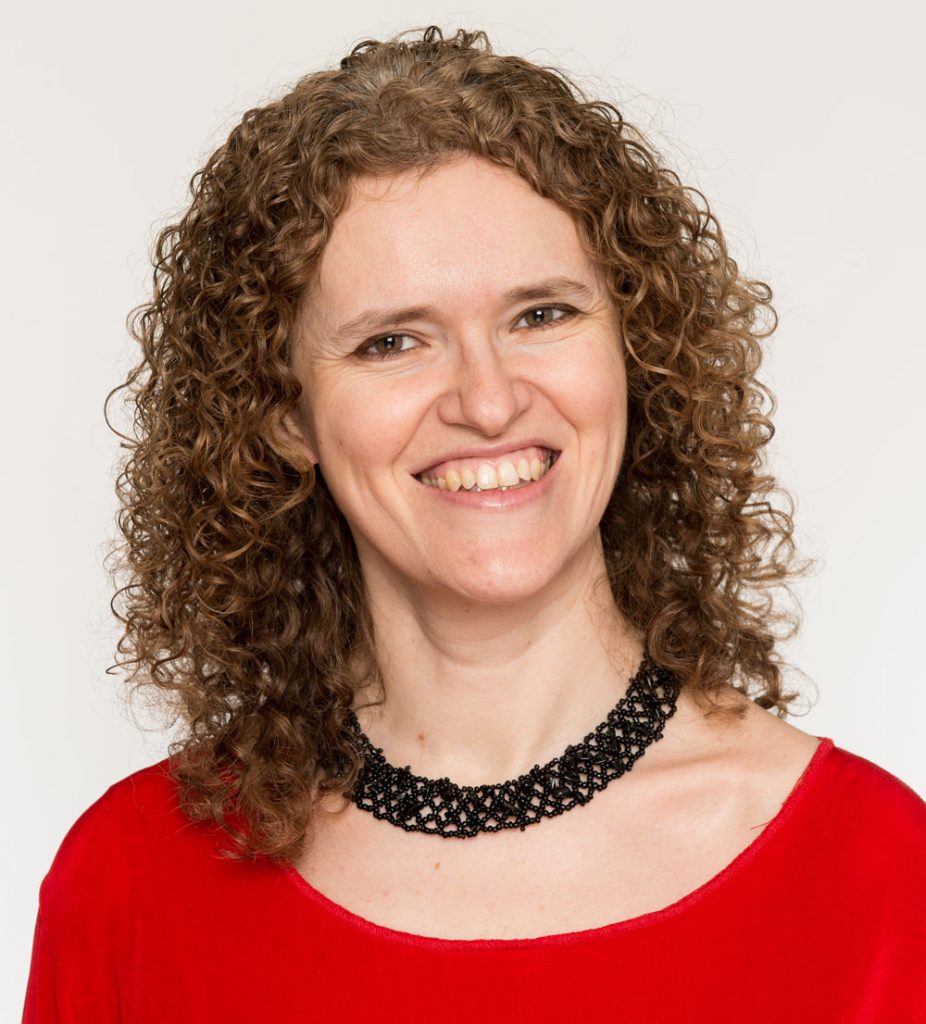
Cantor Natasha J. Hirschhorn of Congregation Ansche Chesed in New York, New York
“Our new reality presented us with some of the most difficult trials we may have ever experienced: the staggering loss of life, illness, isolation, economic hardships, and uncertain future. With so many challenges, it can be especially difficult to remain aware of the silver lining. Yet our rabbis’ reminder to seek out at least 100 blessings each day was not reserved just for the times when things were going well. So, here are three thoughts that I find encouraging and illuminating right now, and which, I hope, will stay with me going forward.
(1) We can always grow and improve.
How many of us felt things were just perfect before the virus took over? If you did—yasher koach! Some of us, however, may have become aware that we became too busy with what we do to reflect on why we do it. This forced timeout gave us a blessing of pause, and, perhaps, a chance to rethink our priorities of content versus connection, nonstop work versus self-care. Should I design yet another program or spend that time making phone calls? Work through exhaustion or sit in quiet meditation?
(2) Some things are truly irreplaceable.
Raising our voice with community, riding that incredible wave of sound, and reveling in the profound silence after…Feeling the invisible but real shift of energy in the room in a shout of mazal tov or in a grieving silence of a funeral…Losing all these things makes us realize how powerful our physical being together can be, as we yearn for a seismic impact of a simple hug or a warm smile. A time will come when we can safely experience all of these again, so may we always remember how precious and important our mere presence can be to each other.
(3) We are more resilient than we could have possibly imagined.
As individuals, communities, and the entire Am Yisrael, we have it in us to keep going even when things look bleak. This is, by far, not the first time in history when we had to radically rethink and reshape the way we practice our tradition. We can do it again!
Our new virtual ways of connection and prayer remind us that no one ever should feel alone and isolated from the community. God listens to our voices even when they are muted.”
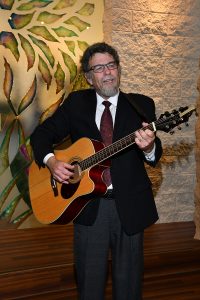
Hazzan Mike Stein of Temple Aliyah in Woodland Hills, California:
“Before this pandemic started, we realized that if we wanted to reach out to more people, then we needed to reach them in their homes. About two years ago, we started livestreaming our services. I was concerned emotionally (that I would not daven the same kavanah knowing that I was on camera) and halachically (that we were creating a video on Shabbat and asking people to turn on their computers). I still have those concerns, but I have learned not to be self-conscious while leading prayers on camera—I just daven with my heart the way I always do. I see that people who could not attend shul are finding their connection to God and to community while watching the livestream.
Now that the playing field is different, I thank God for the ability to connect via the internet. We are virtually seeing each other more than ever—learning, praying, observing rituals, socializing, and finding out more about ourselves and about others. The technological miracle of social media has turned the tragedy of social distancing into something potentially positive. Jews could not have survived the millennia of abuse without learning to adapt. Am Yisrael Chai is not just a literal expression of continued existence, but of continued spiritual growth and determination. I tell my b’nei mitzvah students as they stand in front of the Torah for the first time, atzei chaim in hand, to ‘hold on tightly, because this Torah is yours and it has kept the Jewish people alive for over 3,000 years, through crusades, pogroms, holocausts—and you are now becoming a link in that chain.’
We will always create a link in that chain—now we are literally doing that on our computers. How we use that technology when we come out of this pandemic is a key question. Will we continue to invite saba living in Israel to our seder on Zoom? What about those who live locally? Many people are benching havdalah every Saturday night on Zoom—will they continue to do it in their homes with their families? Others are studying Talmud and the parashat hashavua on Zoom—will we continue to make those sessions available on Zoom while having them ‘live’ at the synagogue? What about daily minyanim and Shabbat services? Will clicking a link be a replacement for sitting in the sanctuary? For those with physical limitations, I would hope so. Will those services be better because of what we have learned? I surely think so.
But I am sure of one thing: There is no replacement for human contact and physical interaction. A religion that relies so much on community for its spiritual survival cannot live on Zoom alone. Our task now is to find creative ways to reach people where they live. I created a program called ‘Guitars on Fire,’ where guitar players learn to play the songs for Shabbat and holidays so that they can celebrate them at home with their families and others. I see more of these programs in our future as we come out of this period of crisis. Kein Y’hi Ratzon — Amen.”

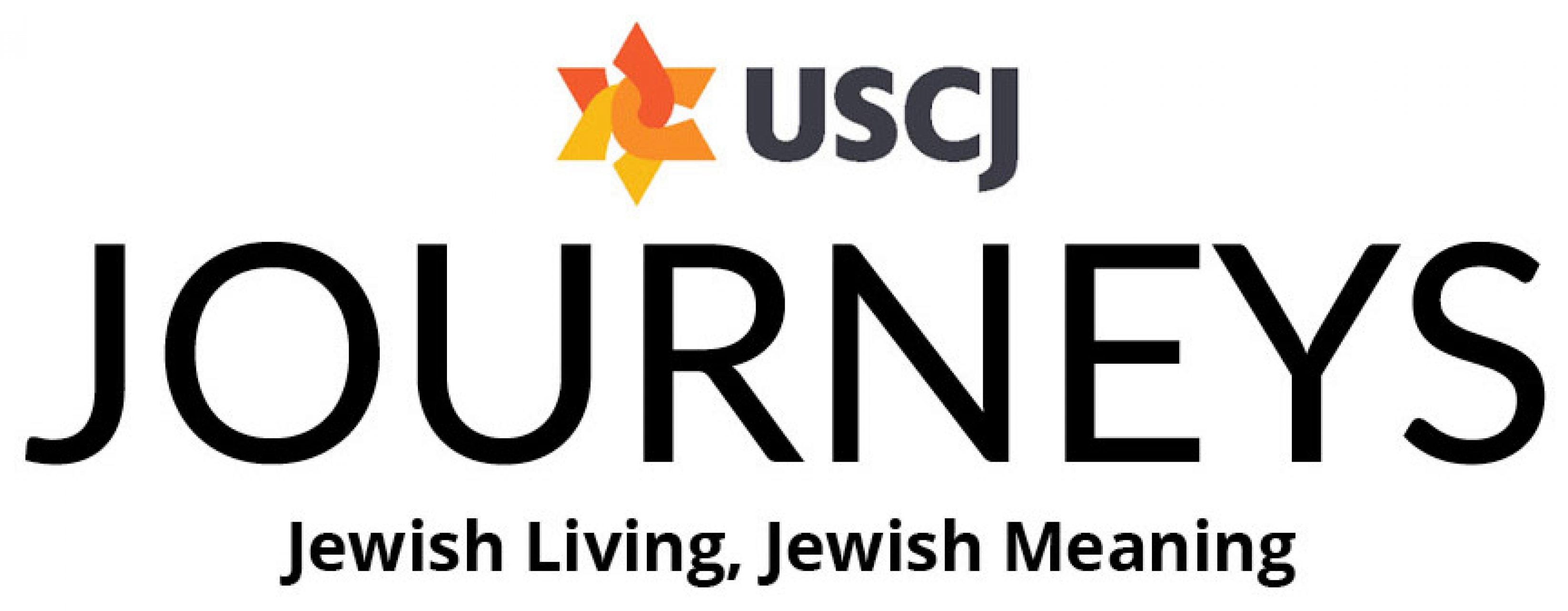


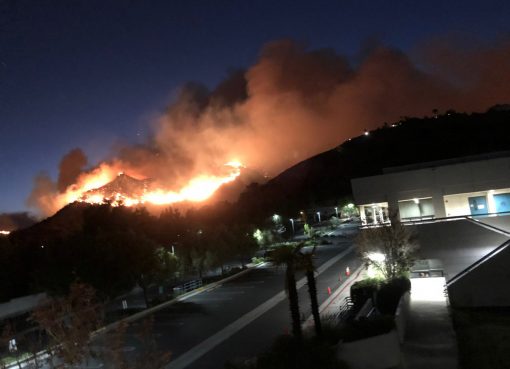
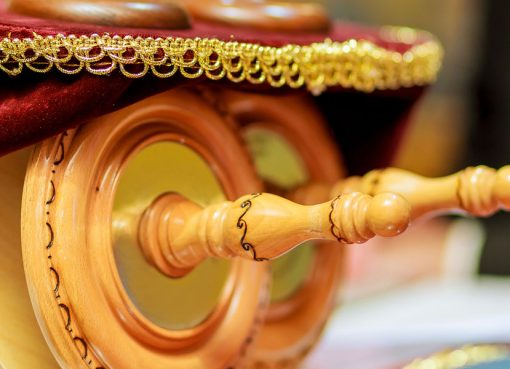
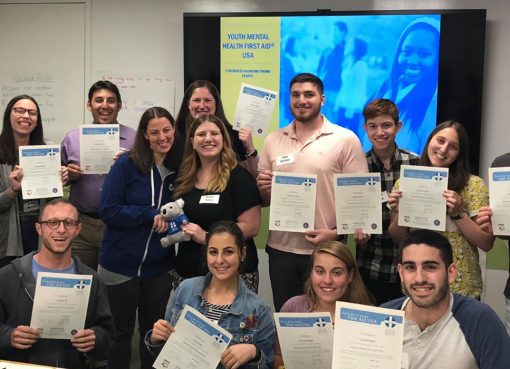

Comment here